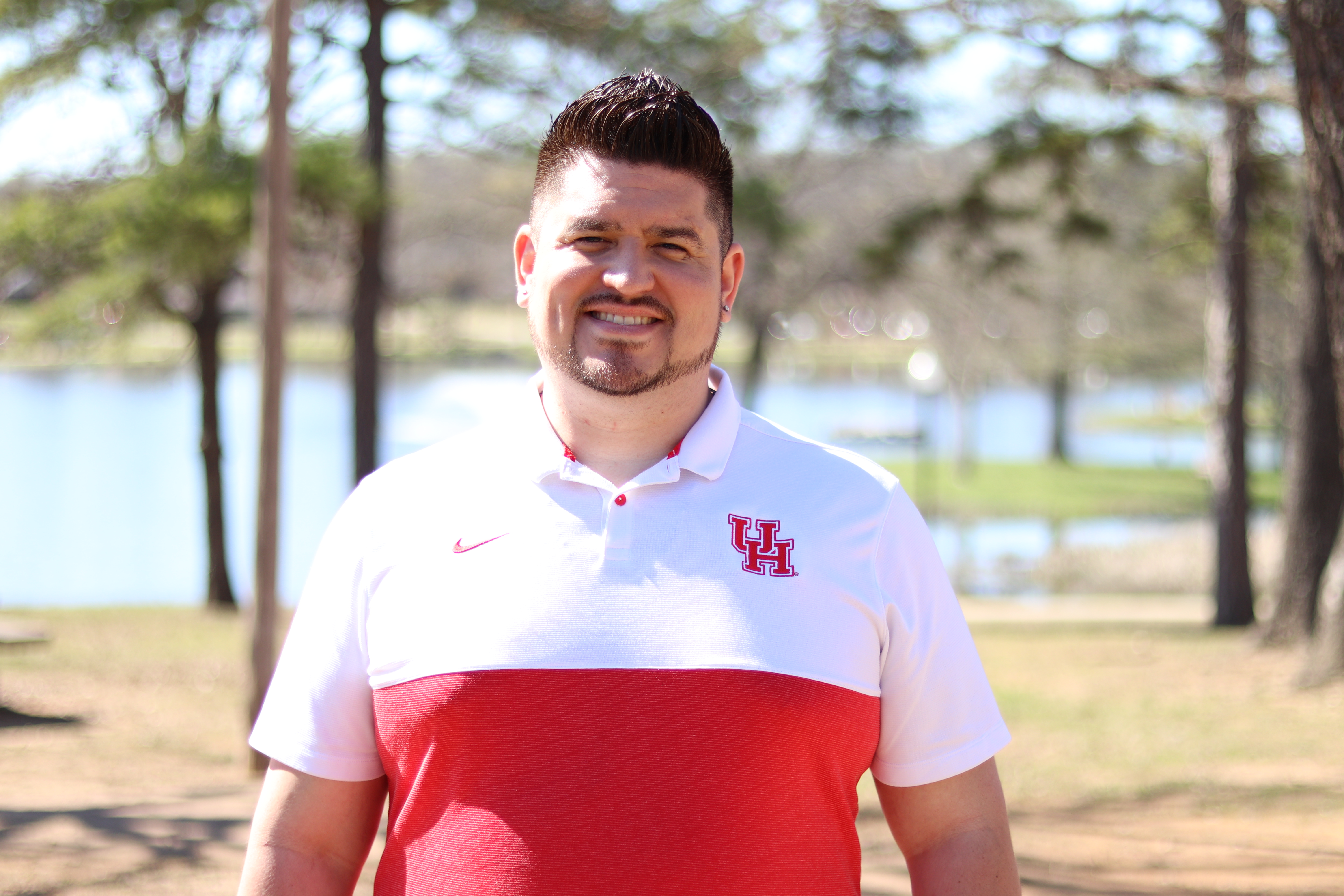 When other kids were reading the comics section of their local newspaper, KC Elvis was reading the business section. Growing up in Tyonek, Alaska—a village of 175 residents located 40 air miles from Anchorage—KC knew his options were limited. “There were very few jobs in Tyonek,” KC recalled. “There was a lot of substance abuse, a lot of depression. I thought as a kid, if I can build a business and a company, maybe I can help strengthen the economy and provide a better quality of life for myself and other Native people.”
When other kids were reading the comics section of their local newspaper, KC Elvis was reading the business section. Growing up in Tyonek, Alaska—a village of 175 residents located 40 air miles from Anchorage—KC knew his options were limited. “There were very few jobs in Tyonek,” KC recalled. “There was a lot of substance abuse, a lot of depression. I thought as a kid, if I can build a business and a company, maybe I can help strengthen the economy and provide a better quality of life for myself and other Native people.”
KC is connected to CIRI through his mother, original enrollee Katherine Chickalusion. His great-great-uncle was Chief Simeon Chickalusion who, in 1934, rescued the remaining inhabitants of Susitna Station, a Dena’ina Athabascan village in Alaska’s Matanuska-Susitna Valley after the village was decimated by diseases brought by non-Native settlers. Among those rescued was KC’s maternal grandmother.
Despite its small size and relative isolation, KC said he was exposed to many other cultures growing up in Tyonek. To help heal intergenerational trauma and instill pride in Alaska Native heritage, the village focused on revival of its traditional practices, including music and dance. And there was a concerted effort made to expose young people to cultures outside their own. “Through the Boys and Girls Club, other kids were flown (from Anchorage) to Tyonek to attend our culture camps,” KC said. “They were from all over; I remember talking to a girl who grew up in a Nigerian home. If you take the time and learn from someone else, you’re going to find more commonalities than differences. It created curiosity at a young age.”
KC left Tyonek in high school to attend boarding schools in Salem, Oregon, and Nenana, Alaska. He enlisted in the Army after graduation and subsequently enrolled in the University of Houston, majoring in entrepreneurship and finance and minoring in accounting.

The University of Houston’s Wolff Center for Entrepreneurship is ranked No. 1 in the U.S. by The Princeton Review and KC said its reputation is richly deserved. “It was an amazing experience,” he enthused. “The projects and the things you go through, you can’t plan or schedule a day. At a moment’s notice, you can be meeting with the CEO of a Fortune 500 company. In addition to a rigorous academic schedule, you’re networking, pitching ideas, trying to attract mentors. It’s a crazy-intense combination of academics and real-life experience.”
After college, KC’s business and marketing skills were further honed when he participated in CIRI’s 2017 summer internship program. Still, it was at the University of Houston that KC first dreamed up the idea for Feather Bear Forever, a Native American kids’ clothing line that aims to inspire open minds through cultural education.
In 2016, the Dakota Access Pipeline protests began, with environmentalists and many members of the Standing Rock Sioux Tribe and surrounding communities opposed to construction of an oil pipeline because of the potential threat to the region’s water. The campaign to stop the pipeline was organized by Standing Rock youth who dubbed their campaign, “ReZpect Our Water.”
“What I saw happening (in the media) was Native people saying, ‘You don’t understand us, you don’t get us,’” KC recalled. “I thought, you know, Indigenous people have to do the work and explain why this issue matters to us. I thought that if I took Feather Bear and geared it to teaching and educating people, maybe the next generation will understand why we care about the animals, the land, the water—why it matters to us more than anyone else.”
Feather Bear launched in November 2020 at the height of the COVID-19 pandemic. KC took advantage of online and social-media marketing to promote the brand, and it worked—the brand has been highlighted by Yahoo Finance, Authority Magazine and local media outlets.
KC recently relocated to Las Vegas from Oklahoma and was elected to serve on the board of directors for Tyonek Native Corp. As for the future of Feather Bear, “it’s an opportunity to do the work to try and educate people about Native culture,” he said. “The company is still young, but its mission is strong. I’m going to keep moving forward with it because I think it’s necessary.”
For information and to shop, visit featherbearforever.com.



